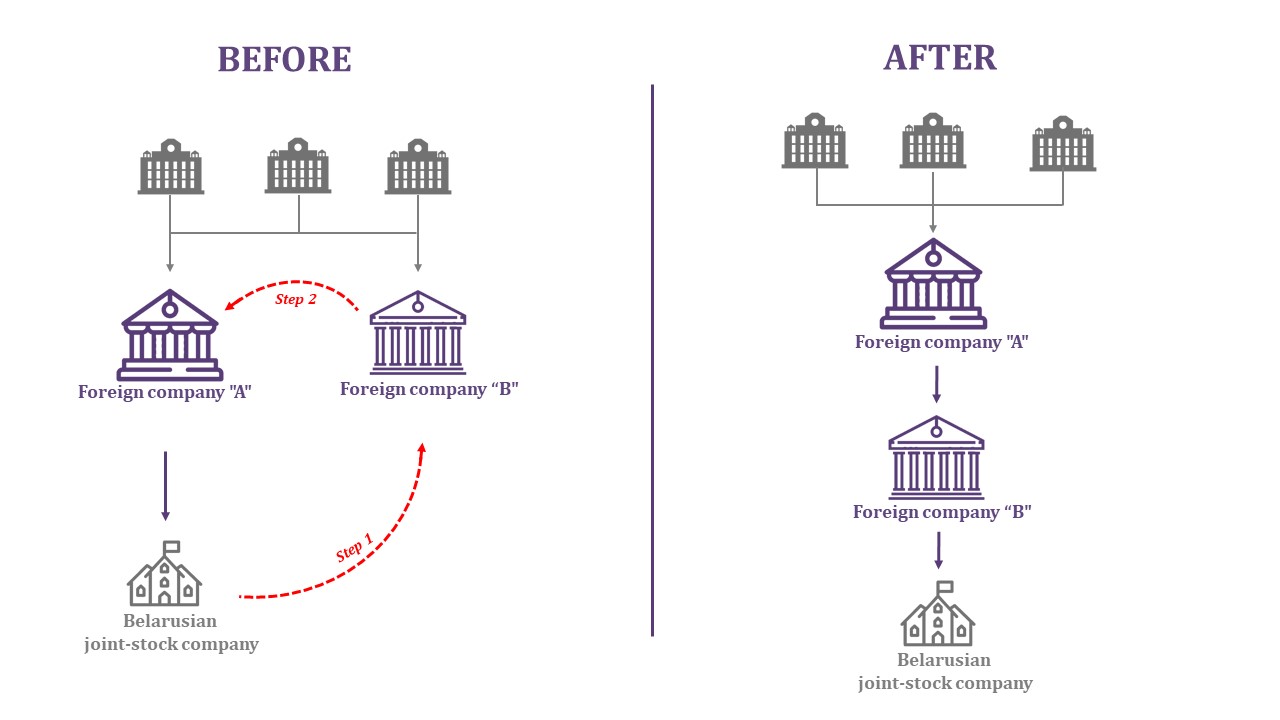On 21 November Brazilian authorities recalled the Brazilian ambassador to Ecuador following a public announcement by Ecuadorian President Rafael Correa that the Ecuadorian government would not pay a $243 million dollar debt to the state-owned Brazilian Development Bank (BNDES) for the underwriting of construction on the San Francisco dam. Odebrecht, the Brazilian engineering company that built the dam, had $800 million in assets seized by the Ecuadorian government in September.
The recall provides a perfect example of the importance of good process, not just outcome, in diplomatic relations. At the onset of the mini-crisis, Brazilian President Luiz Inacio da Silva expressed irritation at Ecuadorian authorities for not advising Brazil in advance about the decision. Instead, Brazilian authorities claim they found out at the same time as everyone else. In retaliation, Brazil recalled their ambassador, a more severe diplomatic move that the audit of a $243 million dollar debt usually does not warrant.
In an article published on 30 November, EFE reports that Brazilian authorities were alerted to Ecuador’s decision in a communication on 10 July 2007 that Ecuador would create a commission to re-evaluate all of its debt. However, it is unclear whether that commission, whose creation was announced over a year ago, had alerted Brazilian authorities prior to the 21 November announcements.
The initial negative impact on Brazilian-Ecuadorian relations has since enveloped larger forces. On the heels of Ecuador’s announcement, the governments of Bolivia, Venezuela, and Paraguay announced along with Ecuador that they would also be re-evaluating debt from the state-owned BNDES in the sum of $5 billion dollars. The move has a dual purpose. In addition to a show of solidarity for Ecuador, the audits may help these heavily commodity-dependent governments rid themselves of debt that they will be increasingly unable to afford. Most interesting of the four is Venezuela, who within days of announcing their re-evaluation of loans from BNDES also announced they would be importing up to eight times more manufactured goods from Bolivia, now that the United States has dropped that nation from the ATPDEA (Andean Trade Promotion and Drug Eradication Act).
The commodities boom afforded Venezuela the ability to lend money at free will to allied nations ranging in the form of oil (in the cases of Cuba and Nicaragua) or cash in the form of junk bonds (in the case of Argentina), and now in the form of purchasing exports (in the case of Bolivia). With some of that money sure to dry up, Venezuela may no longer be able to spend as freely. Instead, the major regional lender of the future looks to be Brazil.
The hostility towards BNDES is therefore puzzling. In May, members of South American nations convened in Brasilia to discuss UNASUR, an inclusive political/economic block of South American nations. The fact that little was accomplished at May’s meeting aside, the effort signified an increased willingness to come together for unified regional cooperation. Although the purported aim of UNASUR is less commercially oriented, it is highly dependent on political and diplomatic cooperation.
Brazil’s ire at Ecuador is understandable, but the recall of an ambassador is an extreme measure for a nation attempting to establish itself as a political and economic regional leader. Foreign debt will be a sticky issue in the coming months, as nations like Ecuador and Venezuela will struggle to keep up social spending in the wake of a decrease in demand for exports. These nations may continue to postpone or cancel payments, angering foreign creditors, which may in turn harm tenuous diplomatic relationships, especially if those creditors are state-owned, such as BNDES. Debtor and creditor nations should openly discuss the impact of the financial crisis on their respective sides without the fear of one side losing out so that the fractionalization that has occurred in response to Ecuador’s refusal to repay its debt to BNDES will not become the norm.

Reply